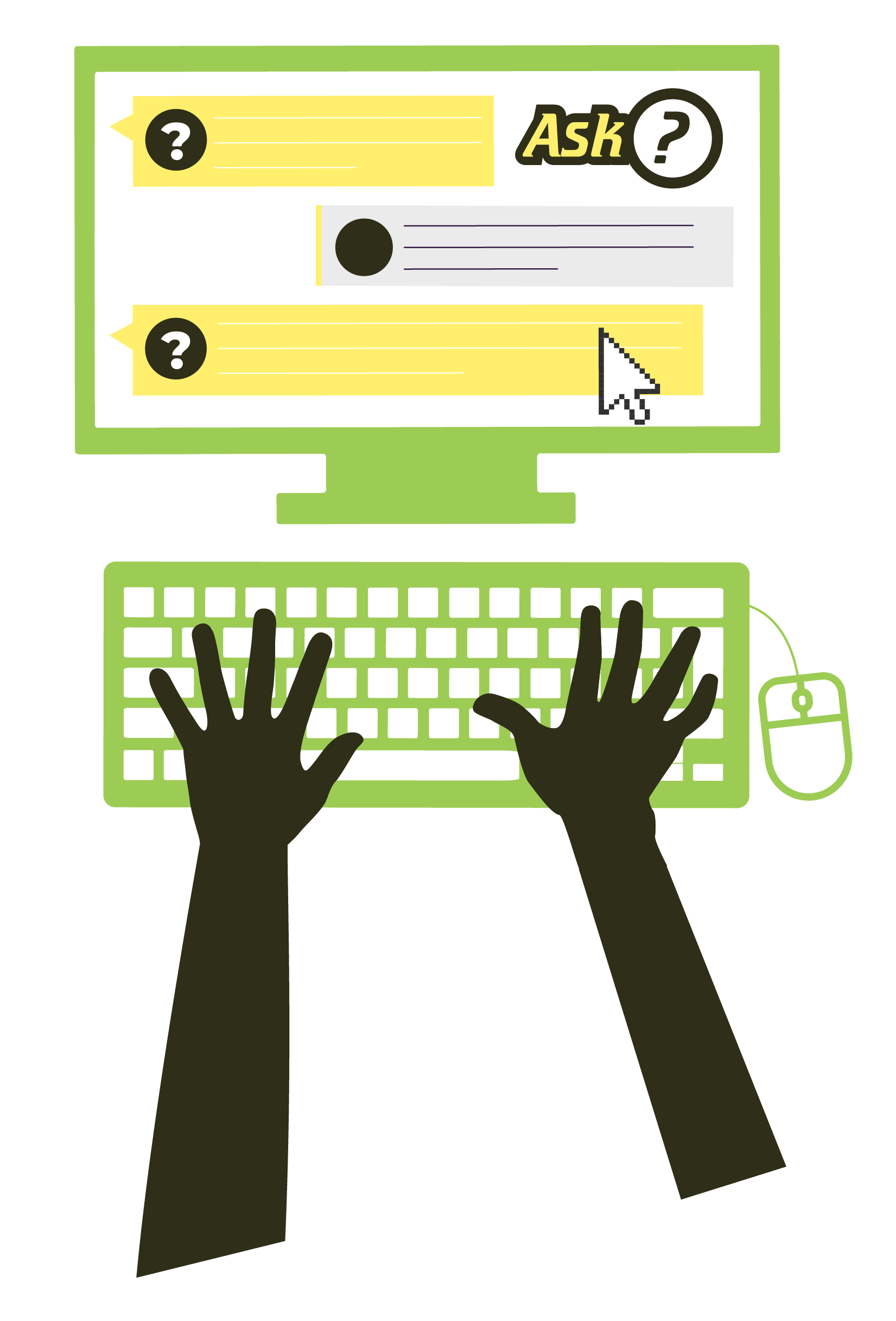Ned was voted the winner of Space Zone in February 2016. Here he reports back on how he used his €500 prize money for more public engagement with space engineering.
The charity Brighter Communities (formerly Friends of Londiani) brings together schools in Ireland and Kenya to share experiences, break-down barriers and promote understanding around the United Nations Sustainable Development Goals. One of the methods used is Skype conferencing.
Given the limited resources available to the many schools in rural Kenya, I thought it would be great to support their access to our technological world, by donating the money I won through I’m an Engineer, to Brighter Communities, to help them purchase a laptop, with internet accessibility which could be used as part of their work bringing schools together and discussing the UN Sustainable Development Goals.
I then recorded an audio-visual presentation on how various aspects of space science (remote sensing, GPS positioning and telecommunications) help us to monitor crop-growth, droughts, floods, refugee migrations and therefore support organisations in addressing in particular the Sustainable Development Goal No. 2 “ Reduce World Hunger” and Sustainable Development Goal No, 13 “ Monitor Climate Change”.
This audio-visual recording was used in Ireland when school classes were discussing the SDGs and was also shown in a school in Kenya to over 30 students, where there was a great reaction to it . The students said the video gave them a general understanding about the power of satellites and the impact they can have on our lives; they were amazed at how they work and could see that from their monitoring that there are advantages in planning ahead of a drought, flood, natural disaster, etc.
After the video there were loads of questions for me to answer like “what keeps satellites in space?”; “what materials are satellites made from?”; “what kind of energy is used to keep the satellite there?” So I recorded a second audio-visual presentation answering those questions, which is also being shared with the schools. Both of these videos are being made available on the Brighter Communities website as a resource for all who wish to use them.
However, it does not end there – the plans are that in Autumn 2017, after the video has been shown in class, we can do a live link up with both the schools in Ireland and the schools in Kenya, so I can answer the questions directly or through an on-line chat, and show that satellite and space systems are for everyone and all can aspire to contributing through their career choices to this fascinating technology which can be put to use for the benefit of mankind.
Meanwhile in Portugal, where I currently work, I was asked by Agência Ciência Viva, a fantastic organisation raising awareness on science throughout the country, to give a lecture to school teachers on how satellites can be used for monitoring the ocean. That certainly put my rudimentary Portuguese to the test, but the teachers loved it and were really fascinated about how much we can learn from the images and data sent back by the satellites.

